The incident occurred along the U Street corridor, a vibrant neighborhood in Washington, D.C. that has been at the center of protests and demonstrations against the Trump administration's surge of federal law enforcement in the city. According to eyewitnesses, Dunn had been involved in a heated exchange with the officer before throwing the sandwich.
"I was just trying to express my frustration with the situation," Dunn said in a statement after the verdict. "I never intended to hurt anyone, and I'm just glad that the jury saw it that way."
The case drew widespread attention and sparked a heated debate about the role of federal law enforcement in local communities. Critics argued that the presence of federal agents in Washington, D.C. was an overreach of power and an attempt to exert control over the city's residents.
"This verdict is a slap in the face to the people of Washington, D.C. who have been subjected to this kind of harassment and intimidation for far too long," said Councilmember Charles Allen, who represents the Ward 6 neighborhood where the incident occurred. "We need to have a serious conversation about the role of federal law enforcement in our city and how we can work together to build trust and keep our communities safe."
The verdict has also been seen as a reflection of the broader cultural and social tensions in the United States. The Trump administration's policies on immigration, policing, and civil rights have been widely criticized by civil liberties groups and community organizations.
"This verdict is a reminder that the Trump administration's policies are not just about law and order, but about exerting control over marginalized communities," said a spokesperson for the American Civil Liberties Union. "We will continue to fight for the rights of all individuals, regardless of their background or circumstances."
The outcome of the case has significant implications for the ongoing debate about the role of federal law enforcement in Washington, D.C. and beyond. As the city continues to grapple with issues of policing, community relations, and social justice, the verdict in Dunn's case will likely be seen as a turning point in the conversation.
In the coming weeks and months, the city is expected to see increased scrutiny of the federal law enforcement presence in Washington, D.C. and a renewed push for greater accountability and transparency. The verdict in Dunn's case is likely to be seen as a catalyst for these efforts, and a reminder that the struggle for justice and equality is far from over.
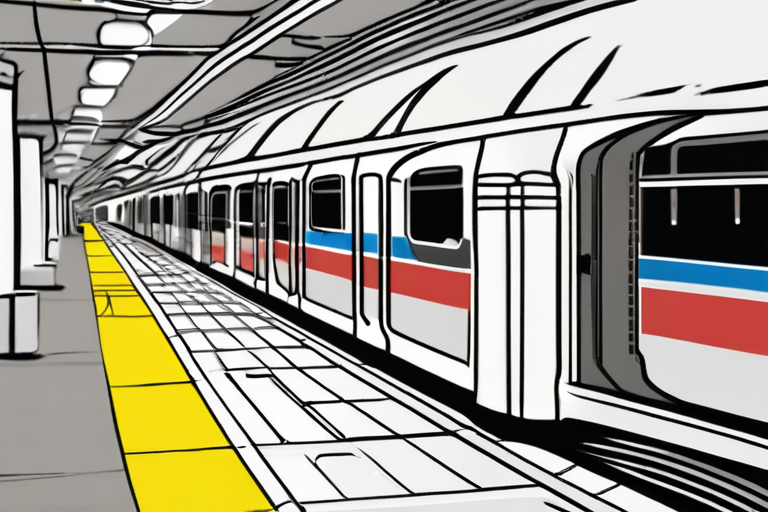


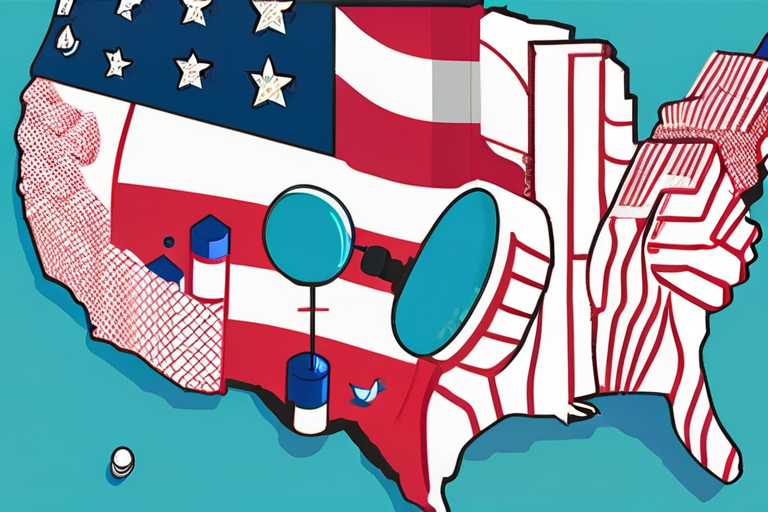
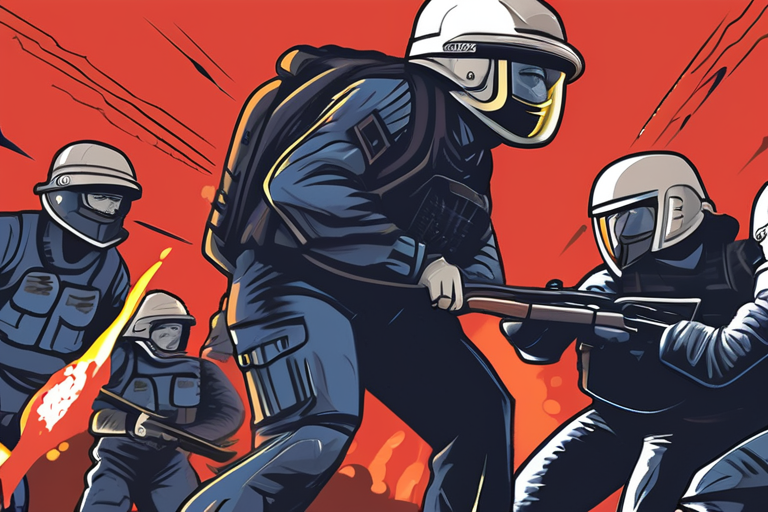
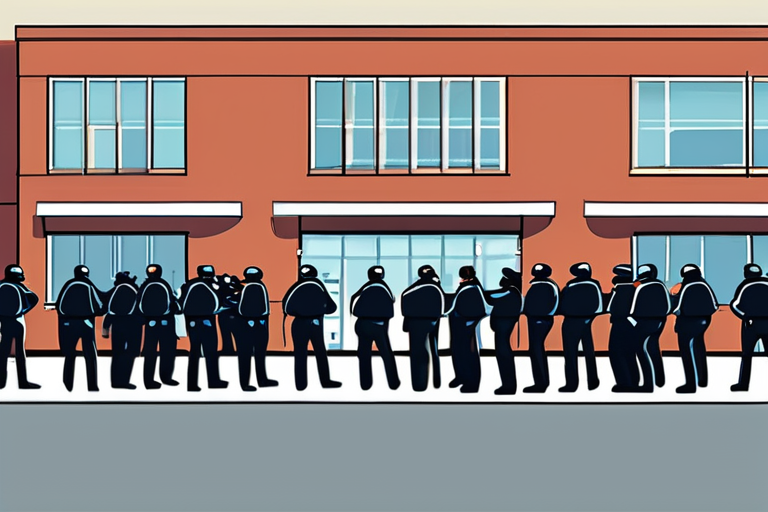
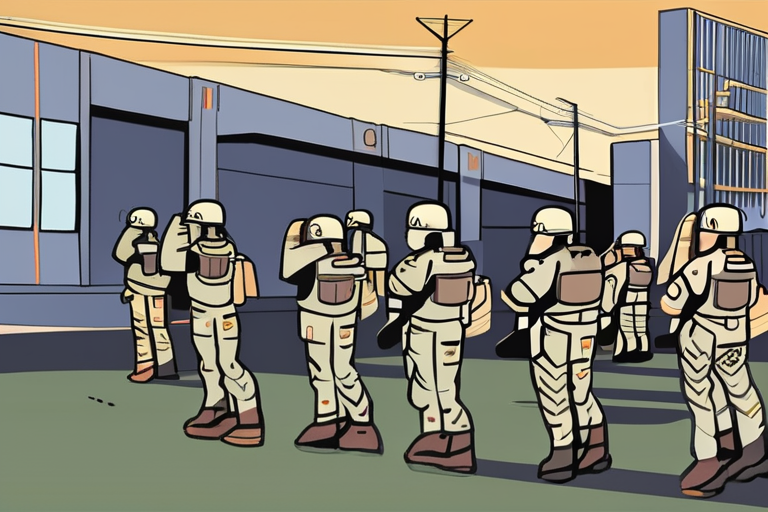
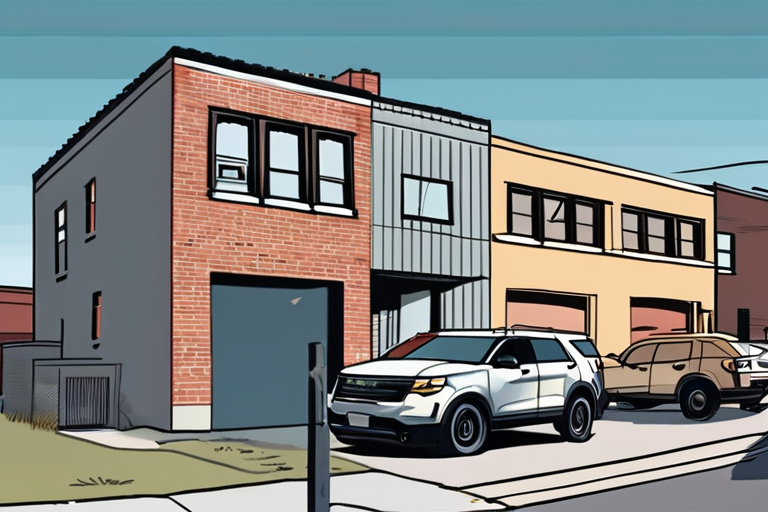
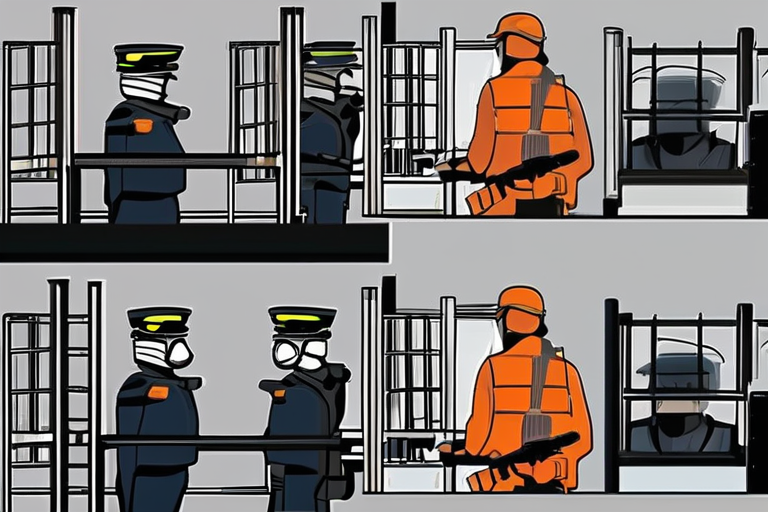
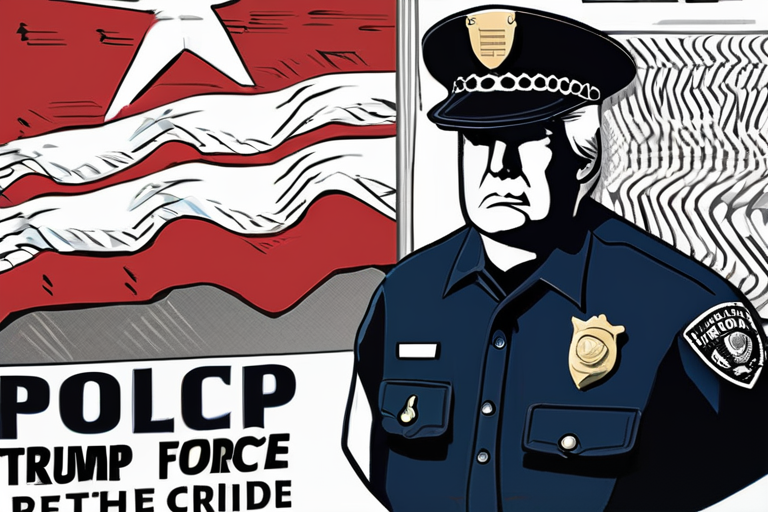
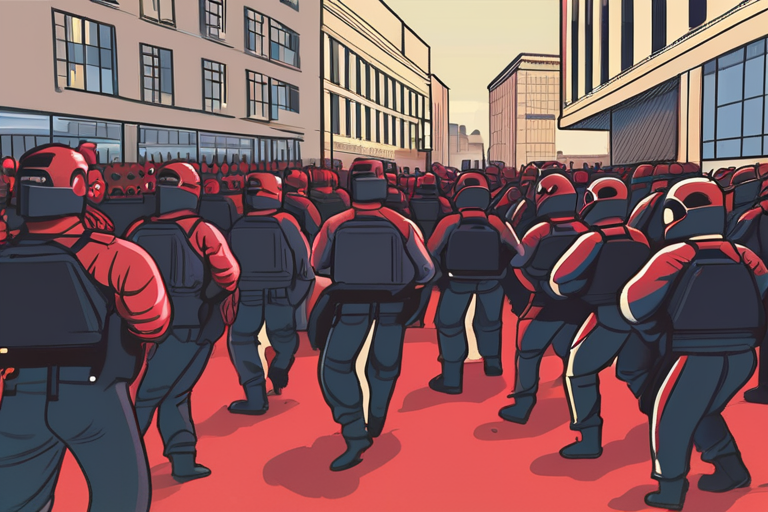
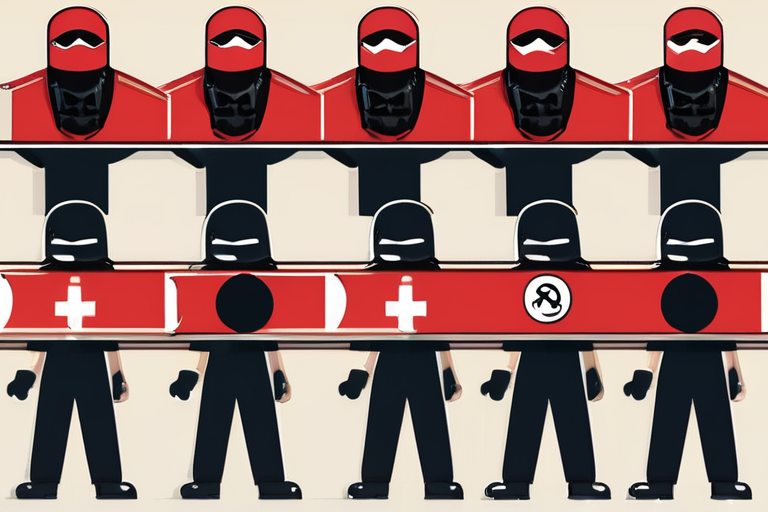
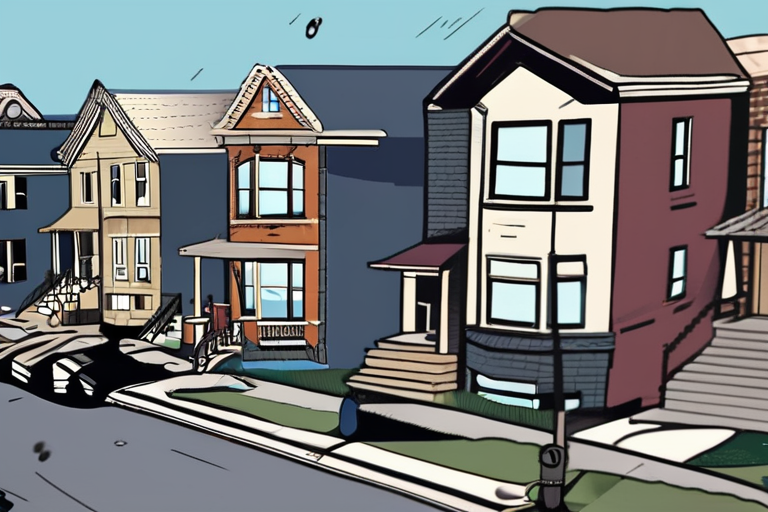
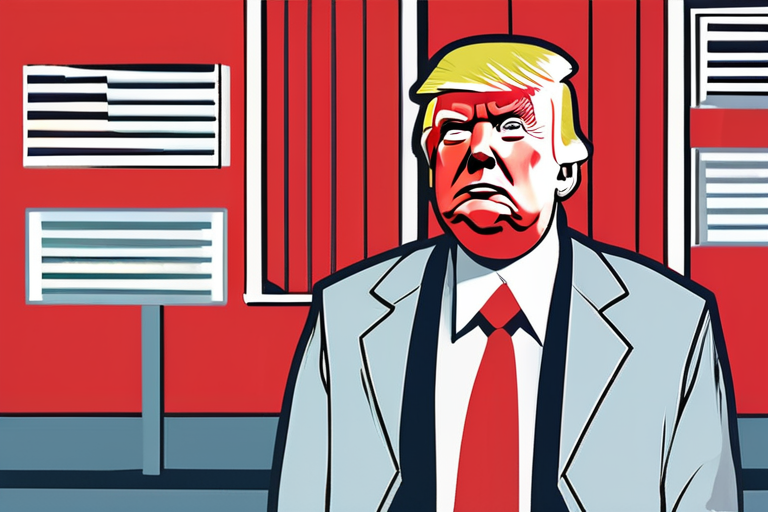
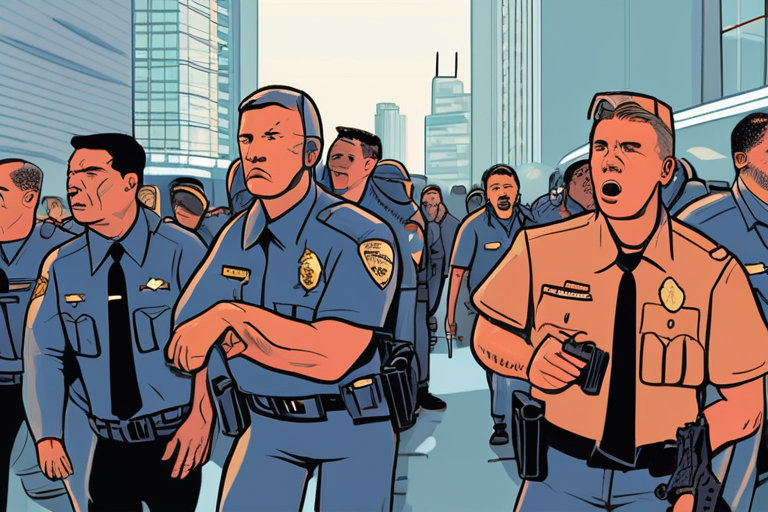
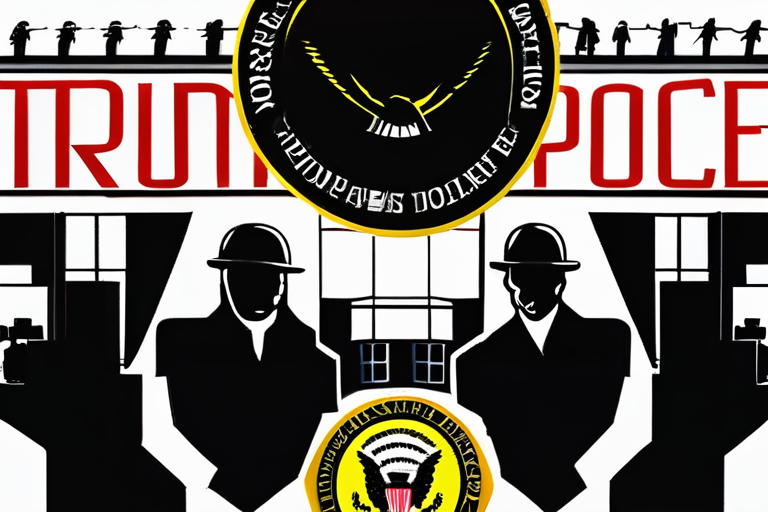

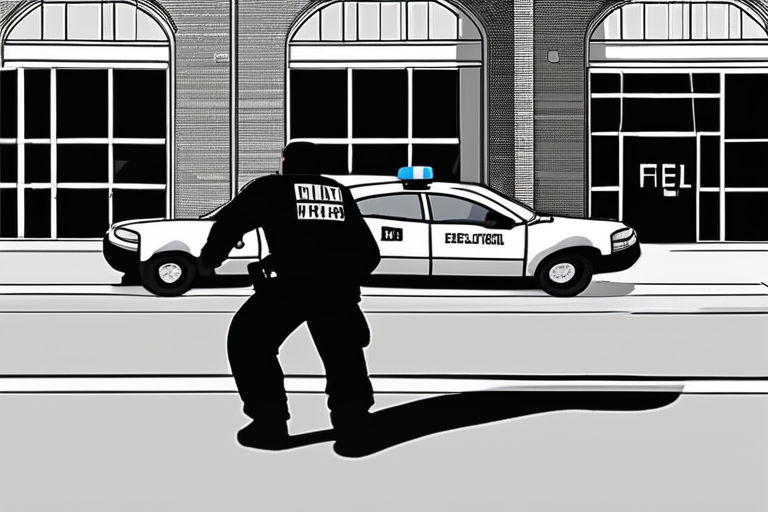
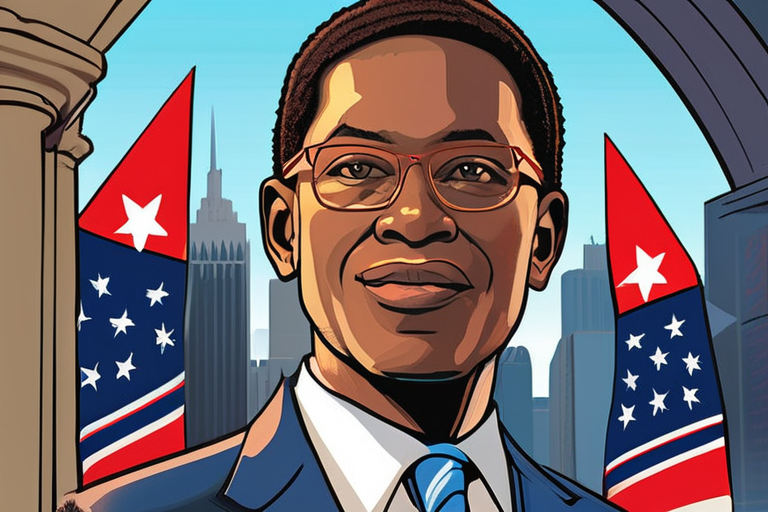
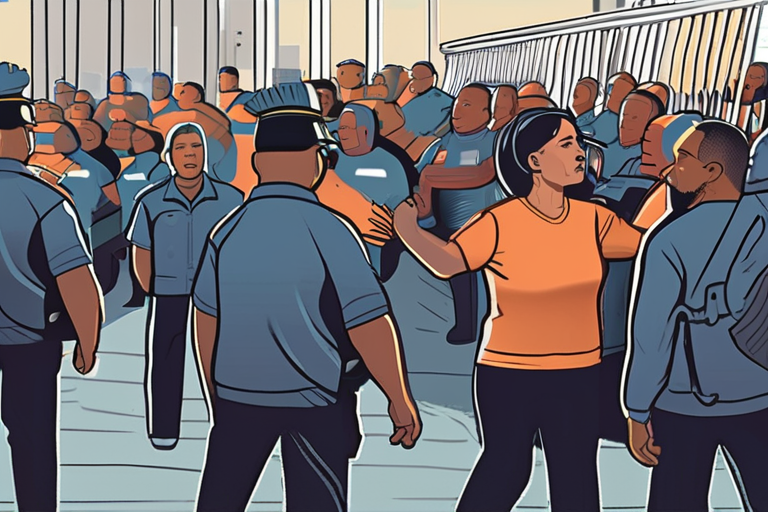

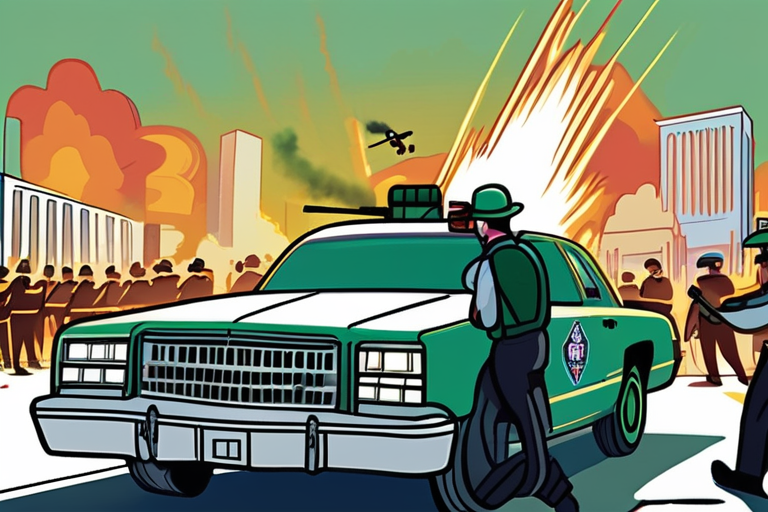
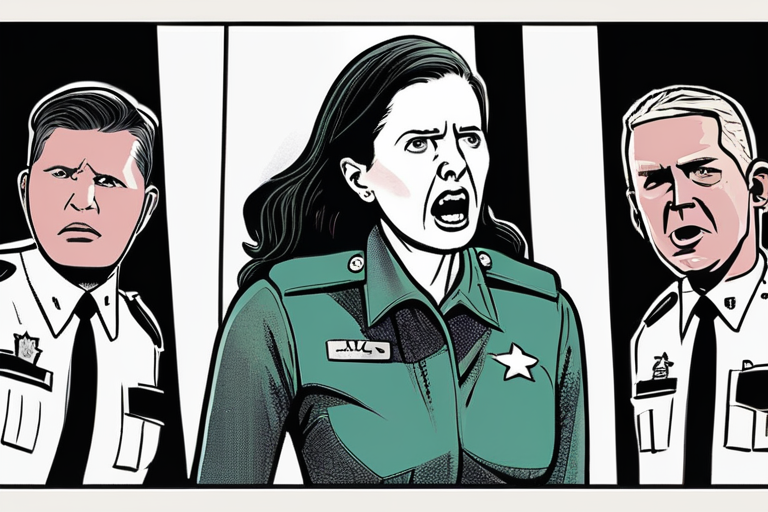
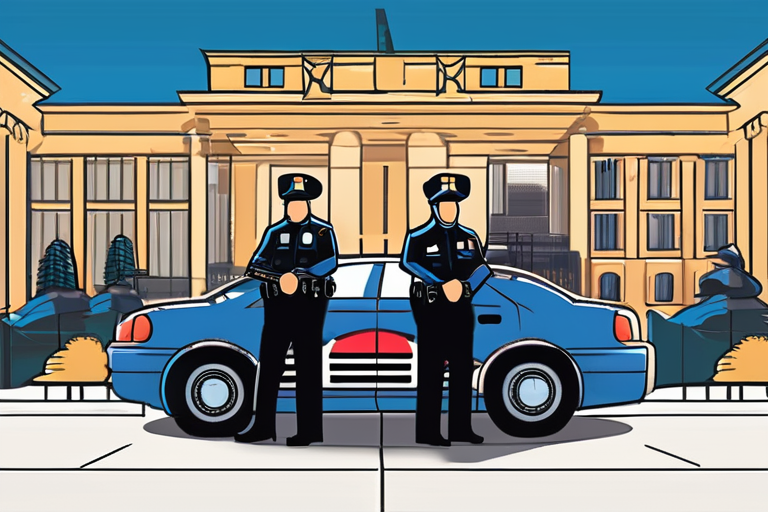
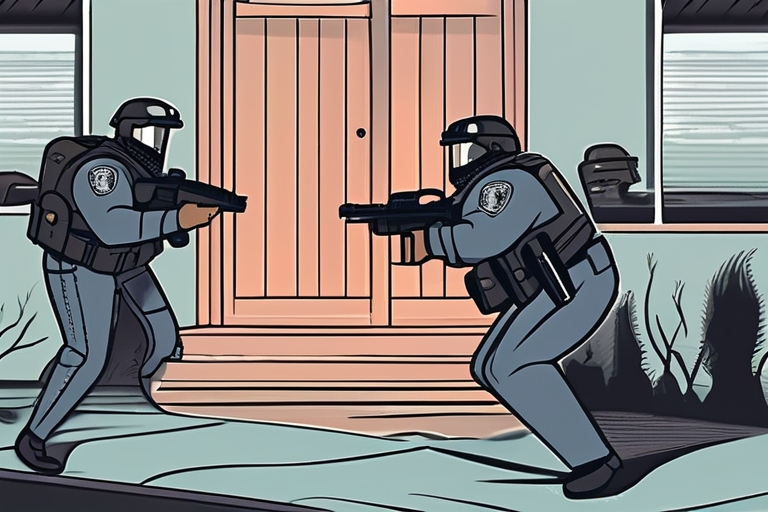
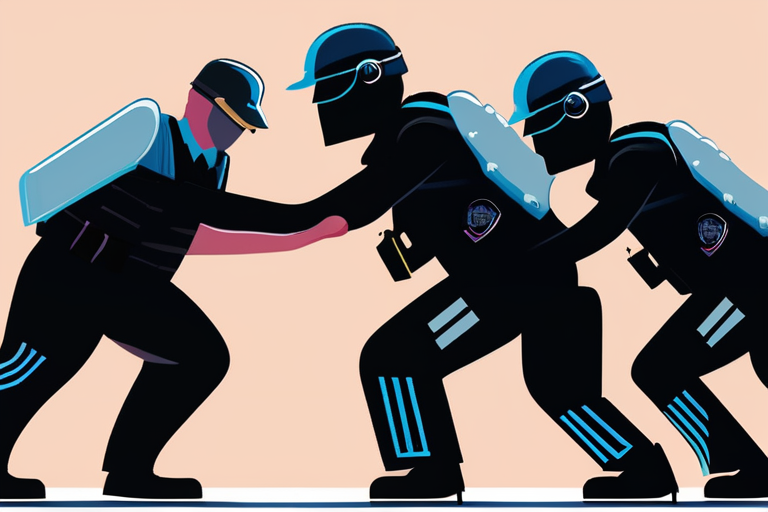
Share & Engage Share
Share this article